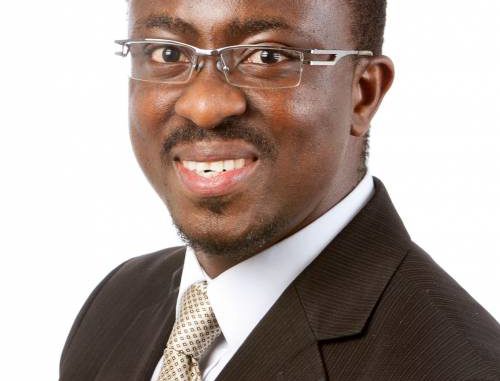
The use of the death penalty – the world’s ultimate cruel punishment – has decreased in sub-Saharan Africa according to a recent report released by Amnesty International. This is good news for sub-Saharan Africa and an indication that the region continues to turn against the death penalty.
Of the 29 countries in sub-Saharan Africa that still retain the death penalty in law, only four – Botswana, Somalia, South Sudan and Sudan – carried out executions in 2018. Although Botswana and Sudan resumed executions last year, having not carried out any in 2017, the overall number of known executions in the region went down from 28 in 2017 to 24 in 2018. This drop was mainly due to Somalia, which usually carried out the highest number of executions in sub-Saharan Africa, executing less people last year than it did in 2017.
The presence of these four countries on the list of executing countries in the region is not surprising as they are notorious adherents to the death penalty and have consistently implemented death sentences in the last decade. Of particular concern is the surge in executions in South Sudan, last year the country executed seven people – the highest number since gaining independence in 2011 – and has already surpassed this grim record by executing eight people in the first three months of 2019 alone.
Although 17 countries in sub-Saharan Africa imposed death sentences in 2018, eight of these are abolitionist in practice because they have not executed anyone during the last 10 years and are believed to have a policy or established practice of not carrying out executions.
At the end of last year, at least 4,241 people were known to be on death row across sub-Saharan Africa; each individual with their own story, and a reminder that thousands of people are at imminent risk of their lives being taken away by the state. One such individual is 17-year-old Magai Matiop Ngong who, in 2017, was convicted in South Sudan for murder, a crime he claims was an accident, following a trial in which he was not represented by a lawyer. During his trial Magai told the judge he was just 15 years old, but this was disregarded, and despite a strict prohibition against the use of the death penalty against minors under both South Sudanese law and the UN Convention on the Rights of the Child, he was sentenced to death.
As Magai languishes in Juba Central Prison waiting for the outcome of his appeal, he reflects: ‘The feeling is not good at all because no one likes to die. To be informed that you are going to die, I am not happy for that. My hope is to be out and to continue with my school.’
While South Sudan’s growing use of the death penalty puts dozens of people like Magai at risk of execution, other countries such as Burkina Faso and Gambia have chosen to take a different path.
In Burkina Faso, the death penalty was deleted from a new Penal Code that became law in June; this effectively abolished the death penalty for ordinary crimes only as the death penalty remains in the country’s military law for exceptional crimes. In addition, a provision expressly outlawing the death penalty has been included in a new draft constitution which may be adopted this year.
Also, President Adama Barrow of Gambia continued to entrench his commitment to rid his country of the death penalty. In February 2018, he announced the establishment of an official moratorium on executions. In September, Gambia became the 86th State Party to the Second Optional Protocol to the International Covenant on Civil and Political Rights, aiming at the abolition of the death penalty; an international treaty which commits Gambia not to carry out executions and take necessary measures to abolish the death penalty.
Four decades ago no country in sub-Saharan Africa had abolished the ultimate cruel punishment for all crimes. Today, 20 countries in the region have done so. It is hoped that before too long Burkina Faso and Gambia will join these countries, and others will follow. Despite a minority of countries holding the region back, Sub-Saharan Africa is on course to completely abolish the death penalty, the trajectory may be slow, but, it is steady.
Oluwatosin Popoola, Amnesty International’s Advocate/Adviser on death penalty, based in London.
END

Be the first to comment